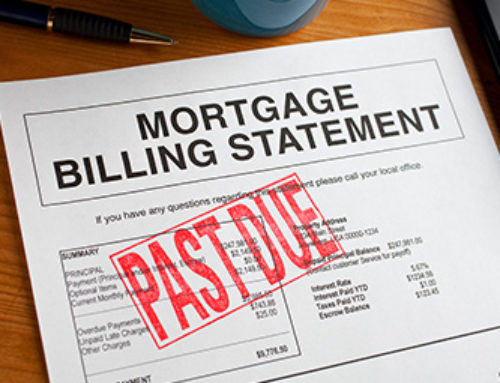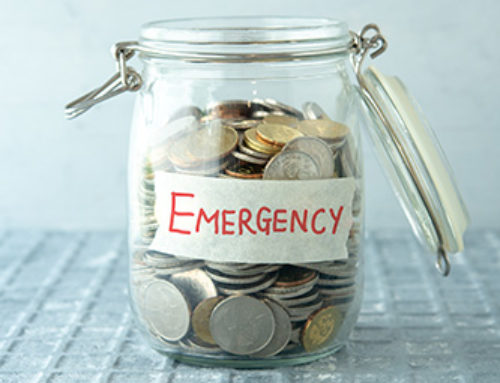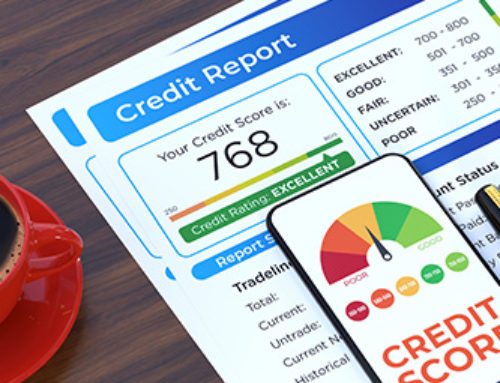Can I buy a house after paying off my debt? The short answer is yes. It has probably been a rocky road, and like every time you’ve worked hard, you want to reward yourself. If that means doing homeownership checks after debt relief, there’s nothing wrong with going that route. However, there are a few important considerations to keep in mind. Remember, after a tough financial battle, you need to exercise caution and prepare carefully for what happens afterward.
What Is Debt Settlement and What Happens After It Is Settled?
In debt settlement, a lump sum is paid to a creditor that is less than the total debt. Payment is made in exchange for the creditor, taking into account all of the debt that has been paid and settled. If creditors and debtors are in the mood to consider settling their debts, chances are they are done with each other. The debtor is likely to make monthly payments late or skip them altogether. To the debtor, his crushing debts seem endless, and he sees no way out. The creditor is likely worried that the debtor will file for bankruptcy or pay off debts and waive all payments. In such a climate, debt settlement makes sense to both of you. In settlement negotiations, the creditor can represent themselves, but usually has a debt settlement expert as their representative. Paying off debt this way won’t remove it from your credit history, but it will prevent it from accumulating more. Once the last debts have been paid, the creditor can continue to improve their solvency.
How Do You Qualify to Buy a Home After a Debt Settlement?
While buying a home during debt settlement might be the worst time to think about it, buying a home afterward can make a lot of sense if you plan. There are a few steps you need to take to qualify for a loan. Chances are you’ve already done some of these things during your debt relief period, but here are our top tips for buying a home after you’ve paid off your debt.
- Start Saving
Accumulate your savings as much as possible. You’ve probably gotten into the habit of saving well while paying off your debt. This way, you were probably able to accumulate your lump-sum payment. Use the same practices to save money on a large deposit. Also, keep enough of it to keep your bank balance as large as possible. Having money helps with solvency.
- Reduce Expenses
Again, you probably learned this lesson during the resettlement period. By reducing your expenses, you reduce your chances of getting into debt. More importantly, it increases the likelihood of increasing your savings. Don’t throw away the things you need or like. This makes the process painful and more difficult to maintain. Instead, look for unnecessary and wasteful items to throw away (using your car when you can take public transport instead, or leaving the lights on in your empty house are perfect examples).
- Improve Your Credit
Take specific steps to improve your credit score. The first step is to pay off the unpaid debts. Next, you need to meet your recurring obligations and pay your bills on time. Get a secured credit card if you don’t already have one. After that, you can improve your credit score by keeping your card payments on time and using the credit properly. If you’ve saved your down payment and are looking for an apartment, your credit report needs to improve.
- Increase Your Debt-To-Income Ratio
If you follow the first three steps, you should reduce your debt. By adding up your total monthly debt and dividing it by your gross monthly income, you get your debt-to-income ratio. This number is expressed as a percentage. Most banks do not want this ratio to exceed 43%. Twenty percent is considered excellent. It also makes sense to diversify your income and reduce your debt so that your debt-to-equity ratio is more attractive to a lender.
What Is the Right Type of Mortgage Loan?
There is a lot of debate about the term and interest rate of the mortgage loan. Generally, the shorter the loan term, the more you will pay each month. However, when a loan is spread over several years, you end up paying more. Whether to opt for fixed or variable interest rates is a question that always comes up when it comes to interest rate.
Anyone recently out of debt settlement has probably seen how quickly the winds of fortune can change. This is enough reason for you to consider a fixed rate. More importantly, interest rates are still very low, and it might be better to lock in a low number now. Whatever you decide, you should also consider a loan backed by the FHA (Federal Housing Authority) ─these are government-guaranteed mortgages. They often allow significantly lower down payments and offer good interest rates. The FHA program is reliable and has weathered many real estate storms over the decades. Whichever mortgage you decide to go for, you have to be very calculative because the debt will be with you for some time. Go there with your eyes wide open and make good decisions.
If you are thinking of reducing your debt burden, Reb0und can help you through the debt resettlement process. Our experienced consultants have the necessary expertise, they will take you by the hand and help you navigate the intricacies of debt resettlement. Contact us today to get the best advice and direction. Call us on 800 852 5049, send us an email on contact@reboundfromdebt.com, or fill a contact form here with www.reboundfromdebt.com/schedule-a-call/



